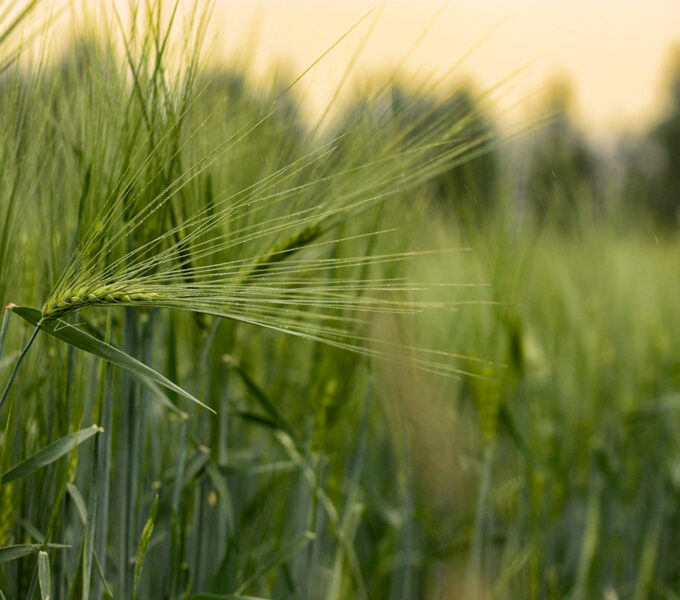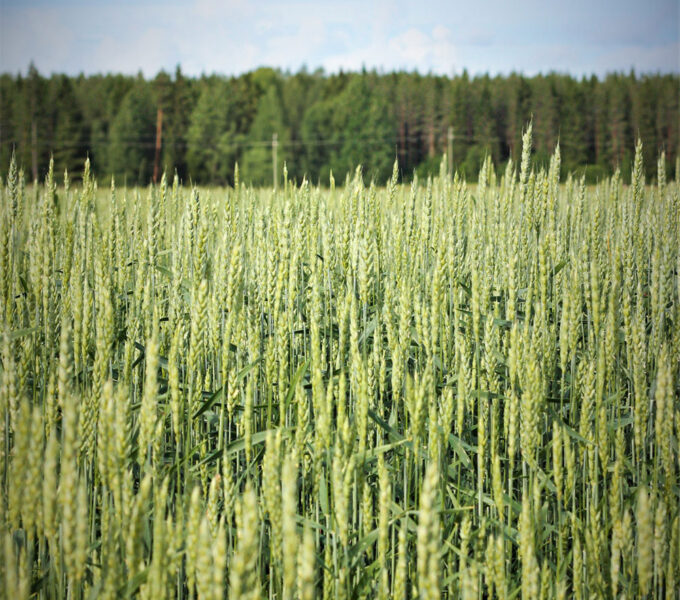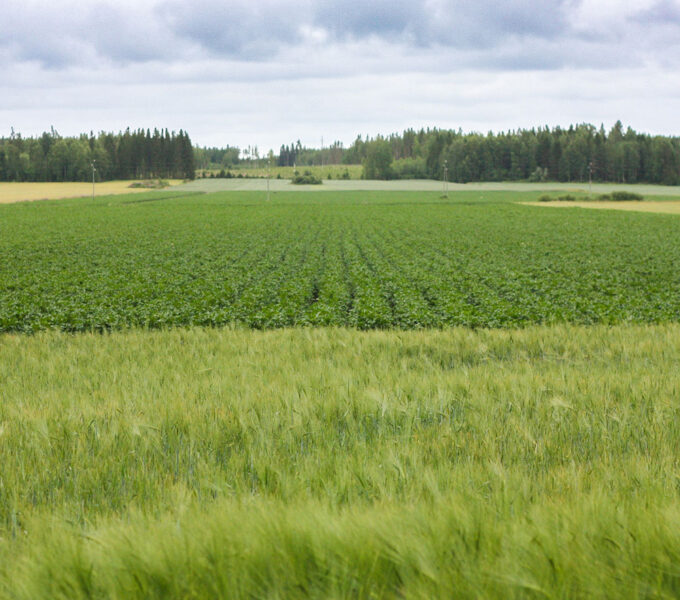InLiq AGRI
Innovating for Regenerative Agriculture and Horticulture
Our Mission
We aim to strengthen global food security while advancing environmentally responsible agricultural and horticultural practices.
Nature-Inspired Innovation
Plants have evolved to store water, enabling survival through dry periods. Inspired by this natural resilience, Rayo 3D Biotech developed InLiq AGRI (patent application), a natural, microplastic-free hydrogel made from water, sugars, and cellulose.
InLiq AGRI (patent application) is designed for seed coating and soil conditioning. Its high water retention capacity improves seed and soil moisture, supports plant health, and boosts crop yields—even contributes to rebuilding of the soil health.

The Agricultural Challenge
Global food demand is rising, leading to increased use of irrigation, fertilizers, and chemicals. However, climate change and inefficient water use are depleting resources and degrading soil quality. Sustainable solutions are urgently needed.
The Science of Germination
Germination is the biological process by which a seed transforms into a seedling, marking the beginning of a plant’s life cycle. This transformation is triggered when environmental conditions—such as moisture, temperature, and oxygen—become favorable. The process involves a series of metabolic and physiological changes that activate the dormant embryo within the seed.
Our Solution
InLiq AGRI’s hydrogel technology enhances germination by maintaining optimal moisture levels around the seed and by improving microbial activity in the soil. Its natural composition supports water retention and nutrient availability, creating a microenvironment that promotes faster and healthier seedling development—without synthetic additives or microplastics.

InLiq AGRI offers a clean, effective alternative to synthetic seed coatings and soil additives. It enhances water and nutrient retention, supports seedling development, and reduces environmental impact—helping farmers grow more with less.

